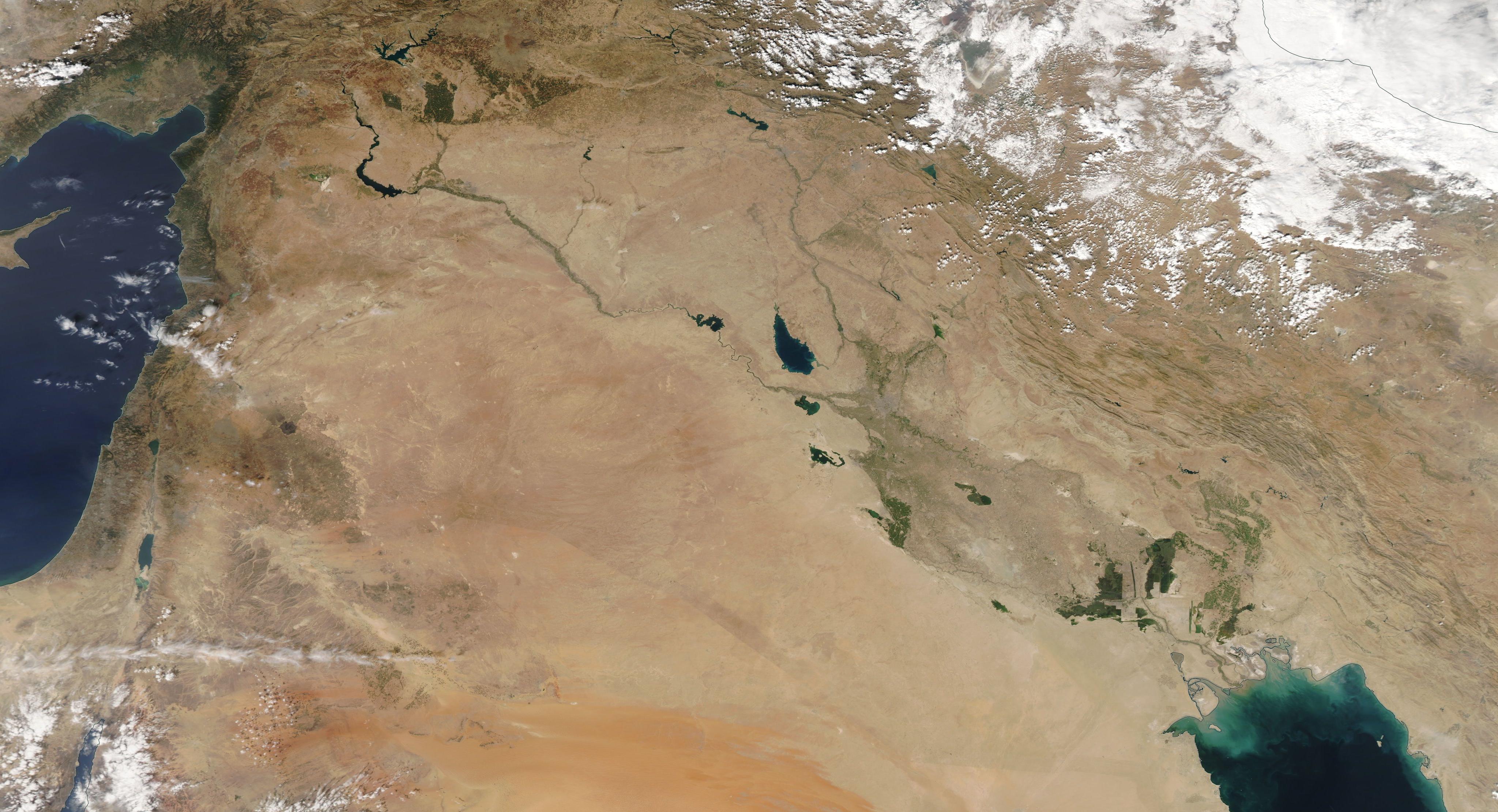More languages
More actions
No edit summary Tag: Visual edit |
(Hammurabi) Tag: Visual edit |
||
| Line 11: | Line 11: | ||
=== Akkad === | === Akkad === | ||
[[Sargon of Akkad]] united the cities of Mesopotamia around 2330 BCE and created an empire stretching from the Persian Gulf to the Mediterranean. The Akkadian Empire suddenly ended around 2190 BCE as part of the Early Bronze Age collapse.<ref name=":02222" /> | [[Sargon of Akkad]] united the cities of Mesopotamia around 2330 BCE and created an empire stretching from the Persian Gulf to the Mediterranean. The Akkadian Empire suddenly ended around 2190 BCE as part of the Early Bronze Age collapse.<ref name=":02222" /> In the second millennium BCE, [[Hammurabi]] and other members of his dynasty forgave all [[Debt|debts]] when a new king took power.<ref>{{Web citation|date=2023-05-05|title=Origins of debt: Michael Hudson reveals how financial oligarchies in Greece & Rome shaped our world|url=https://geopoliticaleconomy.com/2023/05/24/debt-michael-hudson-oligarchies-greece-rome/|newspaper=[[Geopolitical Economy Report]]|archive-url=https://web.archive.org/web/20230528041512/https://geopoliticaleconomy.com/2023/05/24/debt-michael-hudson-oligarchies-greece-rome/|archive-date=2023-05-28|author=[[Ben Norton]], [[Michael Hudson]]}}</ref> | ||
=== Mitanni === | === Mitanni === | ||
Latest revision as of 16:24, 29 May 2023

Mesopotamia is a historical region between the Tigris and Euphrates rivers that is centered around what is now Iraq. It was the first place in the world where class society existed.[1]
History[edit | edit source]
Prehistory[edit | edit source]
In prehistoric times, Mesopotamia was made of swamps and deserts. Neolithic farmers drained the swamps and irrigated the sand to create extremely fertile land.[1]
Sumer[edit | edit source]
During the fourth and third millennia BCE, Sumer created massive agricultural surpluses and bronze tools that turned villages into the first cities. They invented writing to keep track of economic records, especially taxes and dues. Temples and estates formally belonged to the gods, and priests managed the land while wage workers or tenant farmers worked it. Priests developed into city governors, and later, kings who frequently went to war with each other.[1]
Akkad[edit | edit source]
Sargon of Akkad united the cities of Mesopotamia around 2330 BCE and created an empire stretching from the Persian Gulf to the Mediterranean. The Akkadian Empire suddenly ended around 2190 BCE as part of the Early Bronze Age collapse.[1] In the second millennium BCE, Hammurabi and other members of his dynasty forgave all debts when a new king took power.[2]
Mitanni[edit | edit source]
The Mitanni took power in northern Mesopotamia around 1600 BCE and collapsed around 1200 BCE.[1]
References[edit | edit source]
- ↑ 1.0 1.1 1.2 1.3 1.4 Neil Faulkner (2013). A Marxist History of the World: From Neanderthals to Neoliberals: 'The First Class Societies' (pp. 16–21). [PDF] Pluto Press. ISBN 9781849648639 [LG]
- ↑ Ben Norton, Michael Hudson (2023-05-05). "Origins of debt: Michael Hudson reveals how financial oligarchies in Greece & Rome shaped our world" Geopolitical Economy Report. Archived from the original on 2023-05-28.
